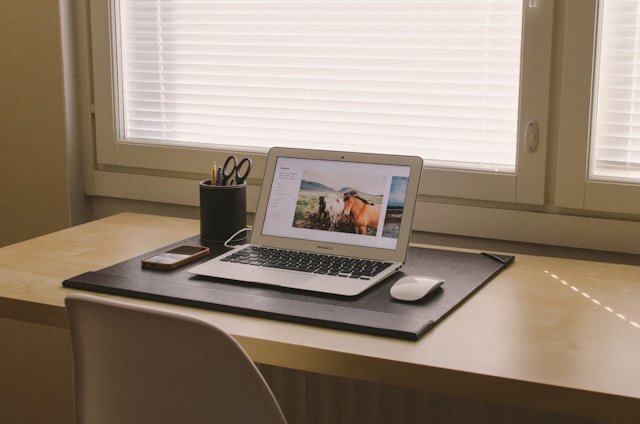Mental Clutter
Do you ever feel like your mind is a whirlwind of thoughts, tasks, and random bits of information? You are not alone. Throughout the day, our minds are constantly stimulated absorbing so much information subconsciously. Much of this information is essential for our daily functioning, like remembering to make a left on Main Street to get to work or knowing that we need to check our mailbox. Sometimes we still remember things like the lyrics to a theme song from a childhood show we hated or the formula to calculate the volume of a cone. Despite being trivial, these memories still occupy space in our minds.
Most of our conscious thoughts deserve more attention. Great ideas sit in our minds and if we don’t act on them, they will continue to do just that and occupy our mental space. It’s completely normal to have random memories, we can’t really get rid of them. But with all the random and great thoughts we have, our brains become so cluttered that we forget important ideas.
Try to imagine your mind as prime real estate with finite space. The only way your thoughts can escape is by speaking about them or writing them down. You'll find that once you get ideas out of your head, you'll gain more clarity. Not only will you feel better, but you'll also have more mental space to focus on the important information without the distractions.
Tips to Manage Mental Clutter
Write Things Down. Why?
Better Focus: Writing helps you focus on one task at a time.
Improved Memory: It reinforces information, making it easier to remember.
Reduced Stress: A clear record of tasks and ideas reduces the pressure of trying to remember everything.
Accurate Records: Writing gives you another place to reference your thoughts exactly has you had them without modifying the memory.
Use Systems to Manage Thoughts
Digital Apps: Programs like Todoist, Trello, ClickUp and Notion allow you to capture and organize thoughts, tasks, and reminders in a structured way. These apps often offer features like tagging, categorizing, and setting deadlines.
Planners: A physical planner can be a great tool for those who prefer writing by hand. You can jot down tasks, appointments, and goals, and use sections for daily, weekly, and monthly planning.
Notebooks: Keeping a dedicated notebook for thoughts and ideas can help you maintain a clear and organized record. Bullet journals are particularly popular for their flexibility and customization options.
How to get Started with Managing Mental Clutter
Choose Your Tools: Decide whether you prefer digital tools like apps or physical ones like planners and notebooks.
Start Small: Begin by writing down simple tasks and reminders. Gradually expand to include ideas, goals, and larger projects.
Create a Routine: Set aside a few minutes each day to update your notes or system. Consistency is key to making this a habit.
Review and Adjust: Regularly review your notes and systems to ensure they’re still meeting your needs. Don’t be afraid to tweak your approach as necessary.
Managing mental clutter is essential for maintaining focus, reducing stress, and boosting productivity. By writing things down or using an organizing system, you can declutter your thoughts. Start today by choosing a method that works for you, and take the first step towards an organized life.
Still feeling overwhelmed by mental clutter? Let's work together to create a personalized system that works for you. Contact us today for a free discovery call and start your journey towards a more organized and productive life!
Until next time, stay balanced!




